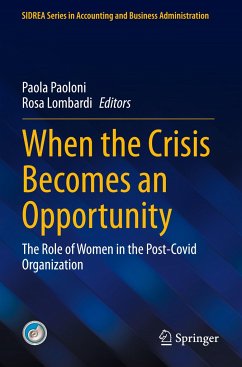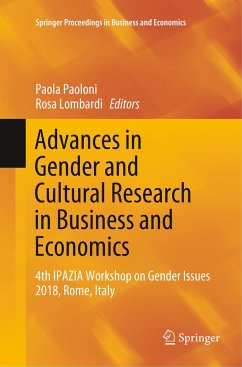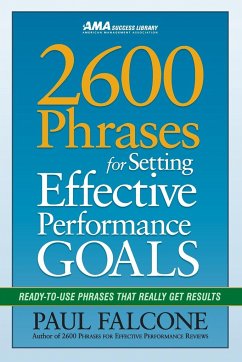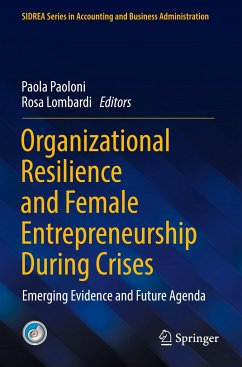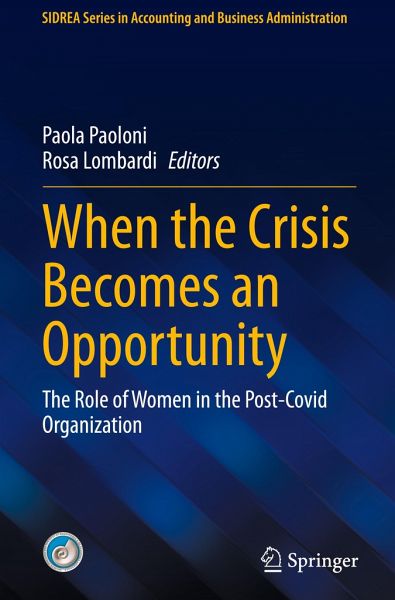
When the Crisis Becomes an Opportunity
The Role of Women in the Post-Covid Organization
Herausgegeben: Paoloni, Paola; Lombardi, Rosa

PAYBACK Punkte
68 °P sammeln!
This edited volume analyzes how the COVID-19 crisis could be transformed into opportunities for those organizations that correctly interpret the change, adapt their strategies accordingly, and increase their chances of success in a post-pandemic scenario. Through this lens, the female role and contribution to recovery are analyzed and discussed in the economic, financial and social context.Even if many aspects set the COVID-19 crisis apart from the latest global financial crises - such as the unusual shutdown of businesses in specific sectors, social distancing regulations, and general uncerta...
This edited volume analyzes how the COVID-19 crisis could be transformed into opportunities for those organizations that correctly interpret the change, adapt their strategies accordingly, and increase their chances of success in a post-pandemic scenario. Through this lens, the female role and contribution to recovery are analyzed and discussed in the economic, financial and social context.
Even if many aspects set the COVID-19 crisis apart from the latest global financial crises - such as the unusual shutdown of businesses in specific sectors, social distancing regulations, and general uncertainty sparked by the pandemic - the challenges facing all organizations in the current recovery phase can present an opportunity for extraordinary growth and development in Europe. The focus of the contributions gathered here is not on "counting" the damages and losses but rather on monitoring the recovery and on emerging instruments to support national and global economic recovery, whilepayingspecial attention to women's role in it.
Even if many aspects set the COVID-19 crisis apart from the latest global financial crises - such as the unusual shutdown of businesses in specific sectors, social distancing regulations, and general uncertainty sparked by the pandemic - the challenges facing all organizations in the current recovery phase can present an opportunity for extraordinary growth and development in Europe. The focus of the contributions gathered here is not on "counting" the damages and losses but rather on monitoring the recovery and on emerging instruments to support national and global economic recovery, whilepayingspecial attention to women's role in it.





